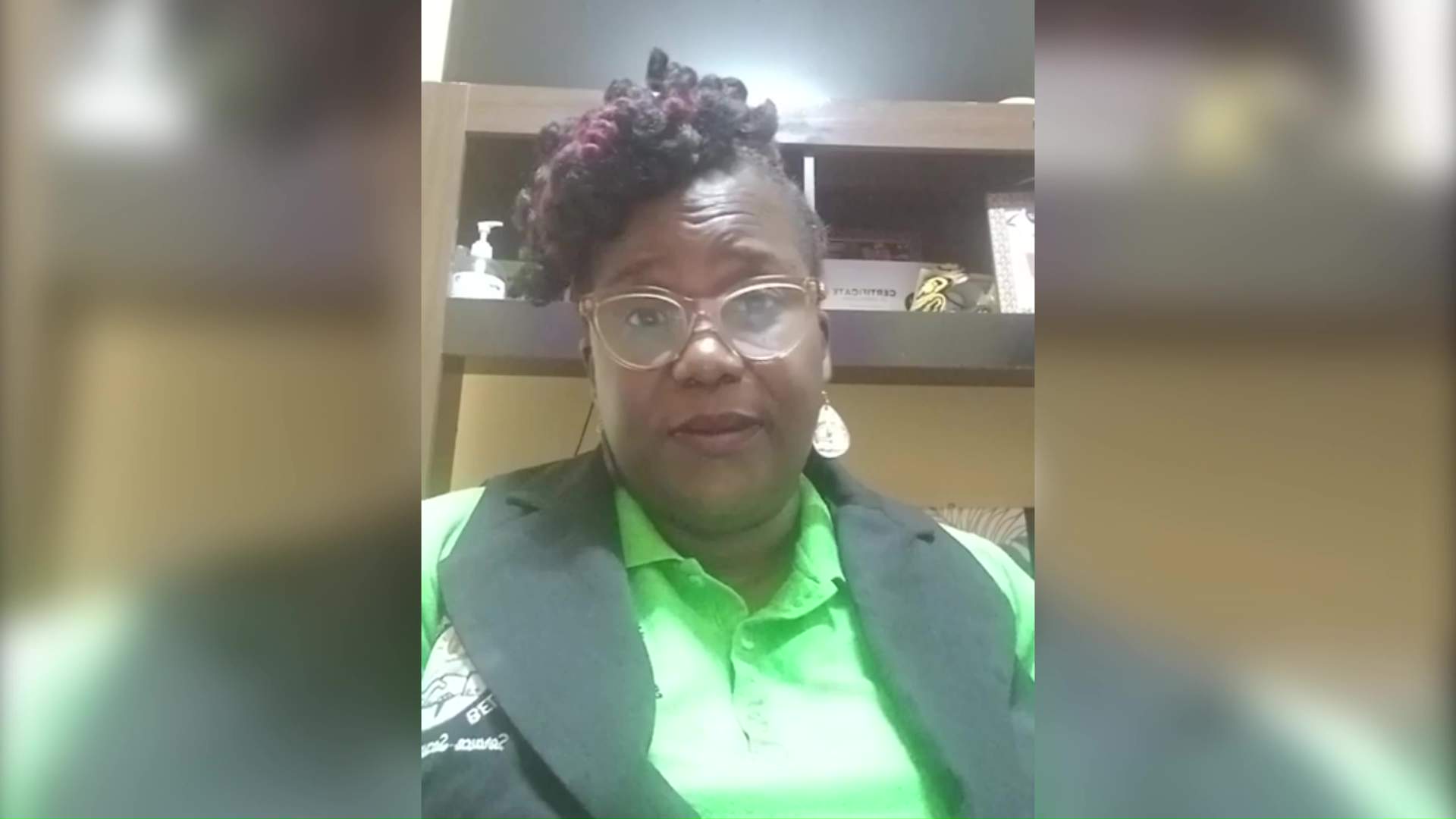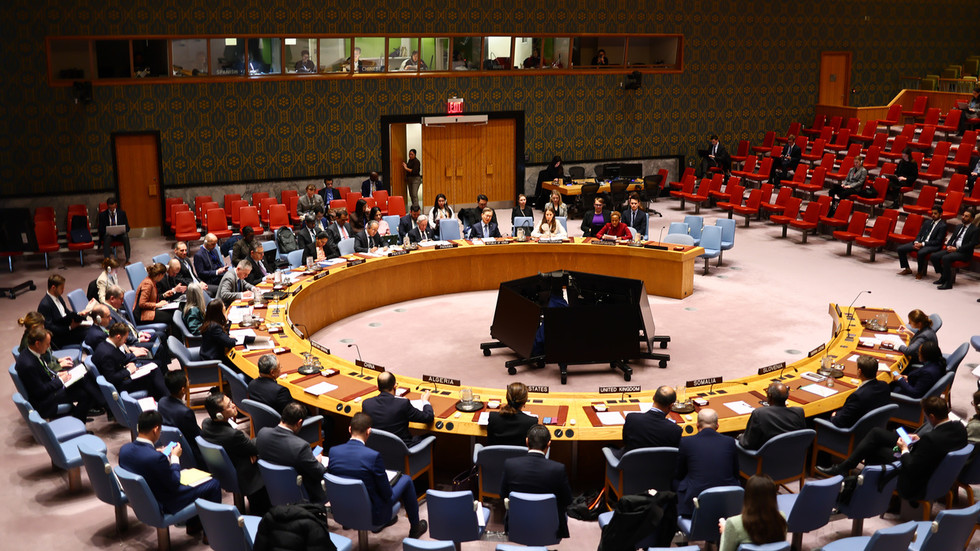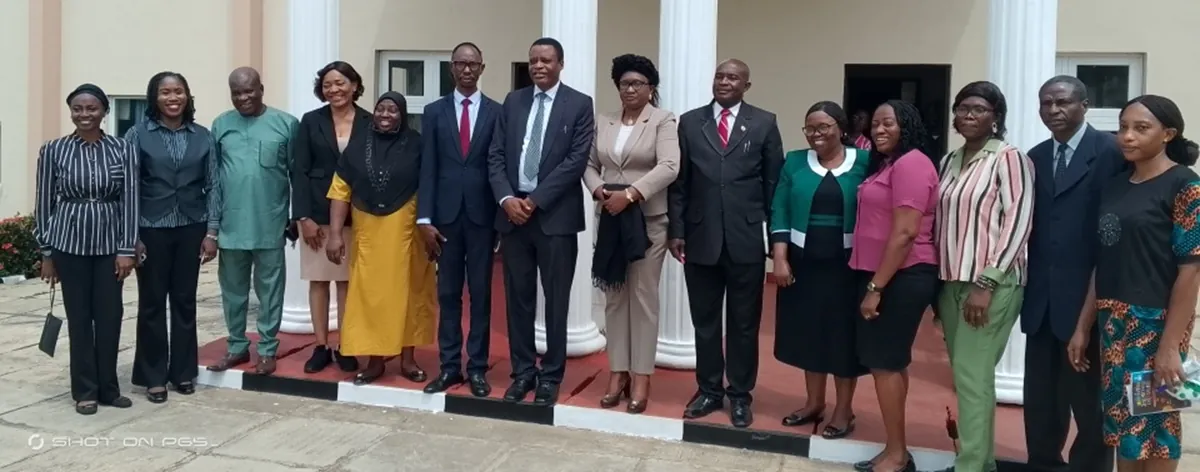Copyright The Philadelphia Inquirer

The dollar-plus premium I pay for a Diet Coke at my North Philadelphia corner store, a direct hit from the city’s sweetened beverage tax, is a persistent, tangible reminder of a promise: The soda tax would fund vital programs, including expanded pre-K for Philadelphia’s children. As a newish mom, an educator, and a journalist, I’ve tried to follow that promise through the city’s complex web of education policy — and the results leave a bitter taste. The PHLpreK initiative, funded by the tax, is a critical step toward ensuring all children in the City of Brotherly Love can access quality early learning. Yet, as the program approaches its next expansion, its operational processes are alarmingly murky. The city of Philadelphia has delivered $158.1 million for PHLpreK since the tax’s passage, and providers and advocates crammed into City Hall last Monday to advocate for continued funding. The question isn’t whether the program is needed; it’s whether this massive investment of taxpayer money is being managed effectively and equitably. Lack of transparency A cursory dive into the PHLpreK reveals a system suffering from a profound lack of transparency and logic in how it selects providers and allocates seats. The stated goal is to get high-quality seats to underserved children, but the process is riddled with contradictions. First, it has vague “priority” zip codes. The city claims to prioritize zip codes based on “need,” yet the list includes a confusing mix of some of the city’s wealthiest and poorest areas — from Kensington (19134) to Chestnut Hill (19118). The data and rationale connecting these disparate neighborhoods are nowhere to be found in public documents. Second, while the city’s own website advises parents that a Keystone STAR 4 rating is “best,” the provider application makes no distinction between a STAR 3 and a STAR 4 rating in its selection tiers. Furthermore, I spoke with a perpetually high-ranking, respected provider who was declined for funding, only to see a lower-ranked franchise a few blocks away awarded seats. Third, there is a new slots paradox. The funding is “intended to create new preschool slots” and avoid duplicating state and federal programs. But without a clear, data-driven methodology that shows where existing, high-quality options are lacking, the city risks undermining established centers of excellence simply to hit a target of “new” locations, regardless of their historical performance. Deputy Mayor Jessica Shapiro has stated the team takes a “more nuanced approach” than just zip codes, looking at “localized indicators of need” and “demand from families.” However, as currently executed, the lack of codified standards leaves the process feeling arbitrary — a “very dynamic, very complicated” process, as one stakeholder put it, which means it’s ripe for confusion and potential inequity. The city’s heavy reliance on priority zip codes ignores a fundamental reality of urban life: parents will commute for quality education. The Philadelphia School District’s own enrollment proves this, with families routinely crossing the city for schools they perceive as better. It’s time the city made the program as clear and transparent as the carbonated bubbles it taxes. Why should pre-K be any different? When the city prioritizes simply opening a seat in a zip code over integrating an established, high-quality provider — wherever they are located — it sends a dangerous message that location can become a mitigating factor for quality. Moreover, the process dangerously overlooks Philadelphia’s major employers. Locating high-quality pre-K near large workforce centers, like the University of Pennsylvania or the airport, could significantly reduce the burden on working families and attract and retain vital talent, including the city’s public schoolteachers. Recent calls to repeal the soda tax, arguing it’s a “tax on the poor” and a net loss for the city, are a reckless distraction. Eliminating the tax would devastate PHLpreK, stripping over 5,000 children of a vital resource. Massive overhaul needed The true urgency is not tax repeal, but a massive overhaul of the program’s system. The city of Philadelphia must take immediate steps to fix PHLpreK. First, demand data transparency: The Office of Children and Families (OCF) must publish the specific, data-driven sources and metrics used to define “priority zip codes” and measure “localized indicators of need.” Second, elevate true quality: The provider selection tiers must differentiate between Keystone STAR 3 and STAR 4 providers. The city’s application must also create a robust pathway to prioritize and integrate high-quality, established providers — regardless of whether they are outside the broad, often ill-defined priority zip code borders. Next, there must be alignment among all stakeholders: The OCF, the school district, the Public Health Management Co. (PHMC), and Shine Learning must harmonize their data and communication to present a clear, consistent, and user-friendly system for both families and providers. Philadelphia’s pre-K program is too important to be run on arbitrary decisions and opaque processes. The promise of the soda tax was to provide a solid foundation for our children. It’s time the city made the program as clear and transparent as the carbonated bubbles it taxes.



